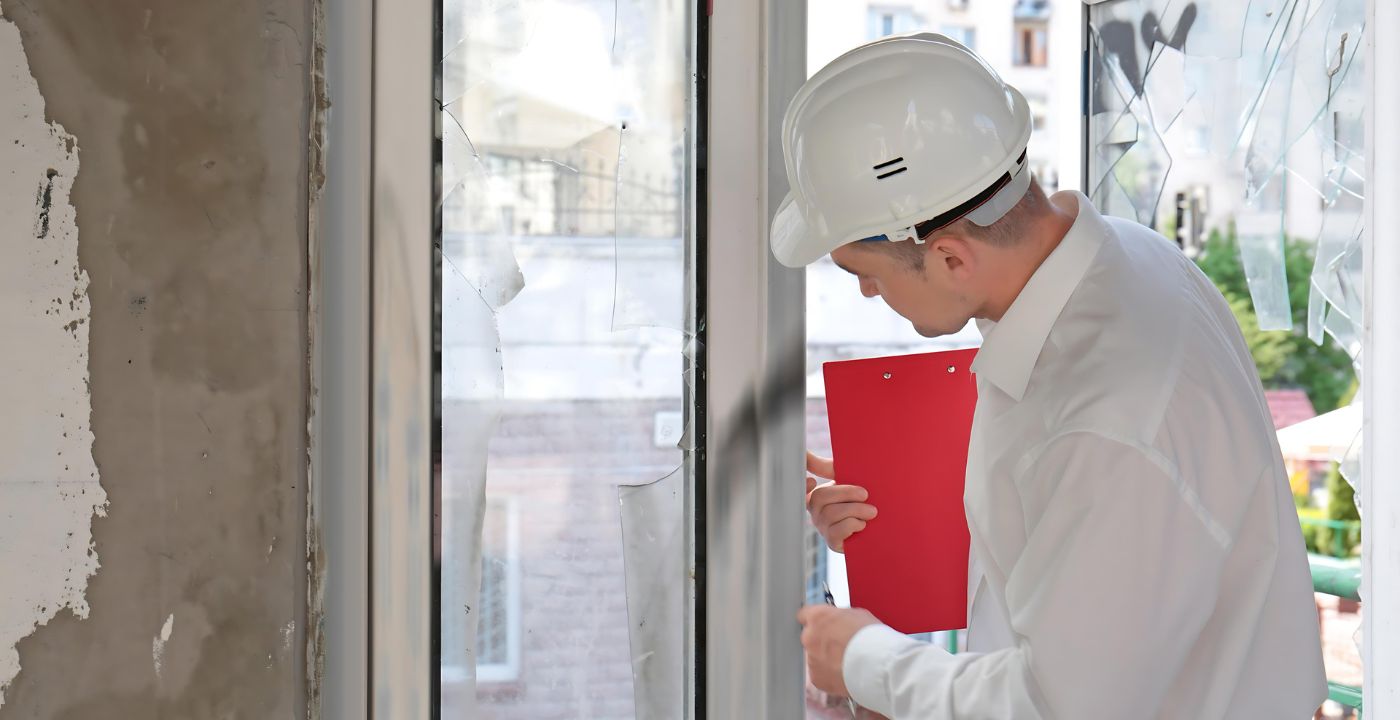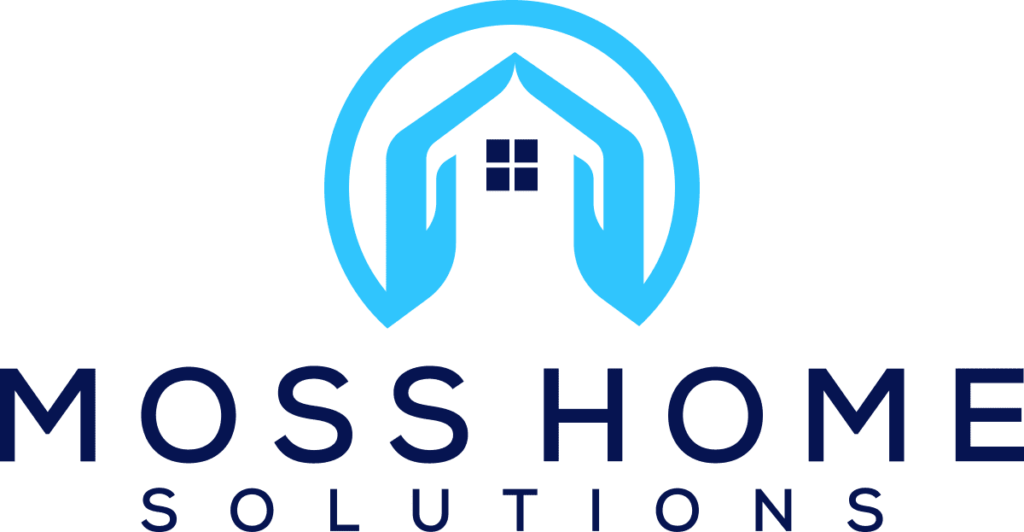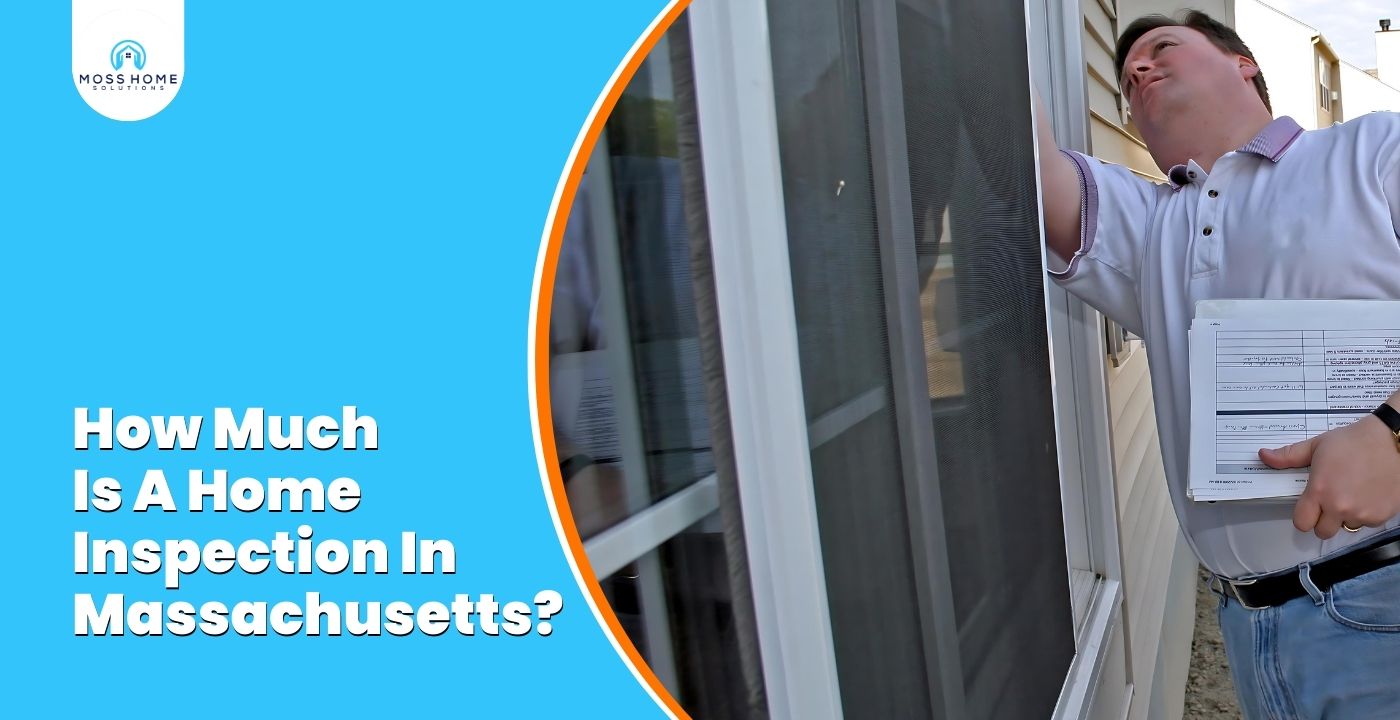Buying or selling a home in Massachusetts? Don’t overlook the home inspection.
It’s a crucial step that 91% of buyers demand, with 86% of inspections uncovering issues and 46% using results to negotiate prices.
But what’s the damage to your wallet?
We’ll examine the costs, factors, and hidden fees of home inspections in Massachusetts. Knowledge is power—and savings—in real estate.
Key Notes
- The average home inspection cost in Massachusetts is between $300 and $600.
- Cost factors include location, property characteristics, inspector pedigree, and necessary inspection type.
- The average home inspection in Massachusetts takes 2-4 hours.
- Home inspectors assess the house’s structural components and major systems, looking for safety issues and the presence of pests or mold.
Average Home Inspection Cost
The Department of Housing and Urban Development’s most recent statistics suggest that the average cost of a home inspection nationwide is between $300-$500.
The average cost in Massachusetts sits slightly higher, ranging between $300-$600.
Buyers and sellers should keep in mind that this average cost is influenced by a wide variety of factors, which can dramatically increase or decrease their inspection expense, depending on the characteristics of their property.
Sometimes, additional and more specific home inspection services, which carry separate costs, must also be accounted for—which we will discuss further.
Home Inspection Cost Factors

The primary factors influencing the cost of a home inspection in Massachusetts are:
1. Location
The geographical location of your property will heavily influence the inspection quote you receive.
Inspections in areas with high property values or a predisposition to significant property concerns will often attract higher inspection fees.
2. Complexity and Size
The cost of home inspections can often be calculated as price per square foot, and inspections conducted on larger homes, homes with several floors, or homes with complex architectural or environmental features require more time and labor, equating to higher fees.
3. Age of the Home
An old home is a loved home, and this saying rings true as far as inspections go, with old homes generally requiring much more care and attention from your local inspector.
Older homes will tend to be more prone to structural integrity issues, requiring an extensive inspection process and possibly an equally extensive bill.
4. Inspector Pedigree
Like every other service provider, an inspector is a qualified professional whose rate depends on their qualifications and experience. Highly skilled inspectors often get the job done quicker, guaranteeing high levels of accuracy and, of course, an invoice to match.
Additional Services and Costs
In addition to a standard home inspection, there are several additional services you may have to consider, depending on the characteristics of your home:
| Service Type | Average Cost |
|---|---|
| Radon Testing | $100-$200 |
| Mold Inspection | $200-$300 |
| Termite / Pest Inspection | $75-$150 |
| Sewer Inspection | $100-$300 |
| Water Inspection (Private Well on Property) | $100-$200 |
These in-depth inspections provide greater insights and coverage of specific areas or concerns, giving sellers a more comprehensive understanding of their property and offering buyers greater peace of mind on the condition of their prospective purchase.
Extra Inspection Fees, Hidden Costs, Ancillary Services
Parties should take care to plan for the following potential extra fees and hidden costs associated with home inspections:
Extra Fees for Older Homes
People with older homes should budget for above-average inspection costs. Older homes often require more detailed inspections, which require more time, labor, and eventual expense.
Hidden Costs
It is not uncommon for inspection teams to conduct follow-up inspections to maintain buyer confidence in the authenticity of the inspection reports. Naturally, these additional inspections will raise your bill.
Ancillary Services
Additional services like energy audits, pool inspections, and the specialized inspections listed in the table above can and will increase the total cost if necessary.
Ancillary services are dependent on the specific structure, facilities and geographical nature of your property itself.
Home Inspection Process
So, we now know the costs associated with inspection, but what about the process?
A home inspection is a comprehensive evaluation of a property’s condition, aiming to identify any potential issues or defects of worthy concern. Beyond the naked eye assessments, inspectors utilize tools such as moisture meters, thermal imaging cameras, and radon detectors to identify hidden issues.
Home inspections do not guarantee perfection, but they provide valuable insights to sellers on the condition of their prize asset and equally valuable insights to buyers by either affirming or refuting their decision to purchase a property.
What Does a Home Inspector Look For in Massachusetts?

In Massachusetts, home inspectors focus on the following critical areas:
- Structural Components: Foundation, walls and roof.
- Major Systems: Roofing, electrical, HVAC and plumbing.
- Safety Issues: Fire hazards and carbon monoxide risks.
- Pest Infestations and Mold: Checking for termites, rodents, and mold.
For example, in older homes with a history of water damage, inspectors might discover hidden mold growth within the walls due to excessive moisture.
While it is perfectly legal to sell a home with mold in Massachusetts, sellers are advised to stay on top of the problem and maintain reports and records of mold remediation efforts – or run the risk of a severely decreased purchase price.
Similarly, houses that have suffered fire damage require thorough inspections to avoid trying to sell a house with compromised electrical systems, structural weaknesses, and residual contamination—all of which do not bode well for a profitable sale.
Importance of a Home Inspection
For sellers, conducting home inspections allows you to move forward with your sale in an ethical manner, maintaining transparency and disclosure. Failure to disclose the right information during a sale could result in legal complications, which can be costly and time-consuming.
Massachusetts Law
Massachusetts state law follows the caveat emptor property law rule, which means “buyer beware.” This rule places the burden of investigation on the buyer before finalizing a purchase.
A seller in MA is not legally required to disclose anything other than the existence of lead paint and the presence of a septic system. However, if a prospective buyer directly questions you about the condition of the property, you are bound by law to answer truthfully. This is where the importance of maintaining accurate and up-to-date inspection records comes in handy.
Serious buyers will usually perform their own inspection before making an offer. The results of the inspection can afford buyers negotiation room, as well as confirming the safety and integrity of the home. Much like the property itself, buyers should think of a home inspection as a future investment, helping you to make informed decisions about one of the most significant investments in your life – your home.
Cost-Saving Strategies
Bundling Inspections
Combining multiple necessary inspections can sometimes result in discounts, as you can negotiate a ‘wholesale’ price with your inspector.
Researching, Comparing & Negotiating Fees
Look up various inspectors in your area and compare their fees. Get multiple quotes and use them as a negotiation tool to maximize cost savings.
Off-Peak Timing
Scheduling your inspection during off-peak times can result in reduced costs, as some inspectors will conduct business at cheaper rates when less busy.
As far as the real estate market goes, the fall and winter months are considered to be off-peak.
Prioritize Repairs
If you know your property well and can identify a wide variety of problem areas on your own, taking action and having them repaired could have the positive knock-on effect of an inspector’s job being made simpler, and quicker. Less inspection time = less inspection expense.
Frequently Asked Questions
How long does a home inspection take in MA?
The average home inspection takes 2-4 hours, but this timeframe entirely depends on the home’s size and complexity. Inspections on old homes tend to take closer to 4 hours, while newer homes can sometimes be inspected in under 2 hours.
Can a home fail an inspection?
Homes do not pass or fail inspections, but licensed inspectors must provide reports and records providing information on the home’s condition, areas of concern and compliance (or non-compliance) with general safety standards.
Who attends a home inspection in Massachusetts?
While not always necessary, it is recommended that the buyer be in attendance, as the written report may be easier to understand if the buyer was present during the inspection.
Conclusion
Whether you are buying or selling a home, understanding the cost and importance of home inspections has never been more crucial.
Modern home buyers are often well versed on the topic, demanding inspection clauses in their contracts and using inspection findings to negotiate better deals.
Being aware of the various factors, processes, services, and fees involved in home inspections will help you to make informed decisions and steer clear of trouble.
If you’re looking to avoid the complexities of home inspections altogether, contact us for a free quote – we buy houses for cash, as-is, with no inspection required.





